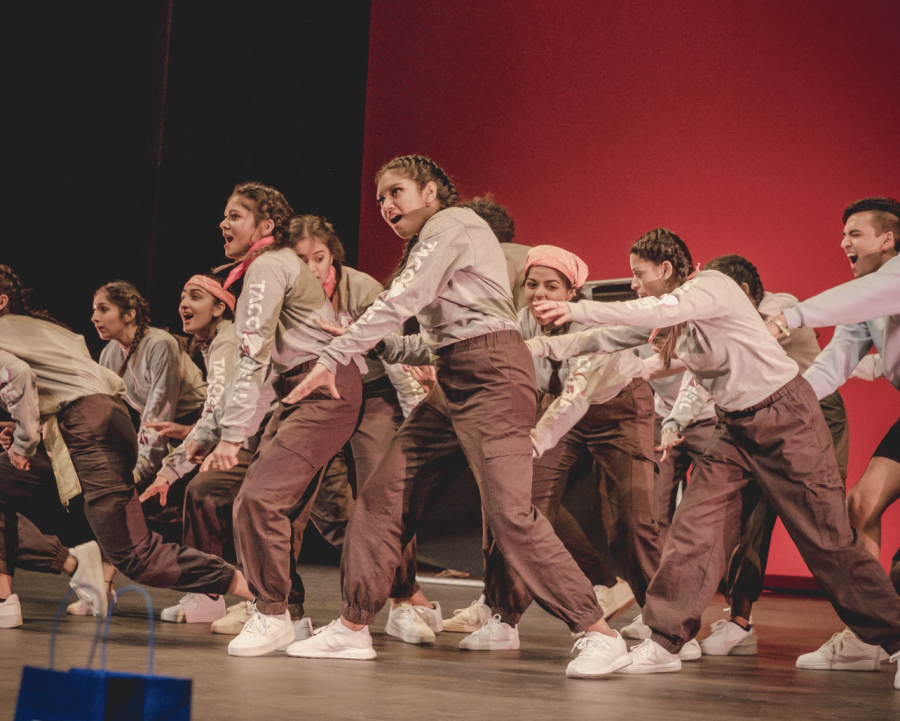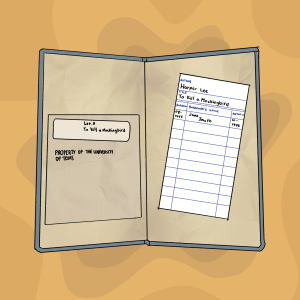UT Bollywood dance competition, Jhalak, brings people together
October 21, 2022
UT’s premier Bollywood fusion dance competition, Jhalak, is one of the biggest college dance competitions in the nation. On Oct. 15, Jhalak’s 21st year in a row, eight college dance teams across the country came to UT to compete in front of more than 1,000 fans at the Westlake Community Performing Arts Center.
Michigan State’s Bollywood dance team, Spartan Virasat, came in first place, with University of Georgia’s Georgia Saazish coming in second.
Jhalak liaison Maya Doshi said the competitors perform not just Bollywood, but different types of dance from India, such as bhangra from the Punjabi region of India and classical dance from all parts of India fused together with hip-hop and contemporary.
This year, teams from Michigan, Texas, Georgia, Pennsylvania, Arizona and Ohio came to Austin to compete. While the competition honors Indian culture, Jhalak’s head liaison Sashita Subburaj said it became a way for people of all ethnicities to come together.
“If you notice over the past years, the Jhalak audience, we’ve had such a diverse range of people attend and be interested,” Subburaj said. “Even our dancers who are coming from other teams, they’re not just Desi dancers. They’re introducing different types of dancing with EDM, hip-hop, and lo-fi.”
The University is home to multiple Indian dance teams, such as Texas Mohini and Texas Bhangra, that work with Jhalak and the Desi Dance Network, providing South Asian students with a way to incorporate their culture on campus. Desi Dance Network is the national circuit of collegiate Bollywood-fusion dance teams.
“(Desi Dance Network) as a circuit is such a fresh way for people to experiment with different dance styles, but with Desi beats,” Subburaj said. “I think it’s just the greatest combination of dance, culture and community at UT.”
Vikram Banga, a freshman Plan II major who attended Jhalak, said the night was a way to experience his culture on a larger scale.
“I think that it was crazy, just seeing that many people know Indian culture,” Banga said. “I feel like there should be as much of this as possible. Not just for Indian culture, but for cultures in general, people that are passionate about where they come from and their heritage. I feel like we should promote that.”












